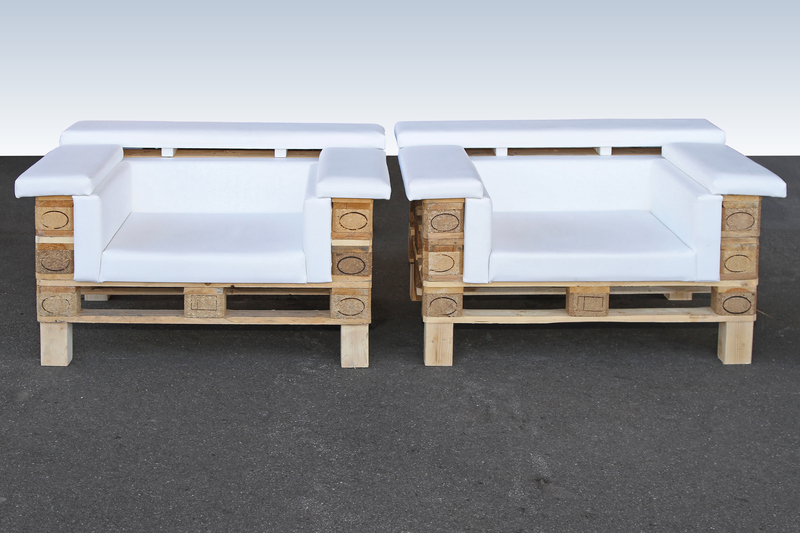Navigating Hard Rubbish: Disposal Tips to Know
Introduction to Hard Rubbish
Hard rubbish disposal can often feel like a daunting task. Whether you're clearing out your garage, renovating your home, or simply decluttering, understanding the ins and outs of hard rubbish disposal can make the process much smoother. In this comprehensive guide, we'll explore effective strategies for discarding household items responsibly and sustainably.

What is Hard Rubbish?
Hard rubbish refers to large waste items that cannot be disposed of through regular waste collection services due to their size or shape. This typically includes furniture, mattresses, appliances, and other bulky items. Proper disposal of these items is crucial as improper handling can lead to environmental harm and health risks.
Common Examples of Hard Rubbish
- Old furniture such as sofas and tables
- Electrical appliances like refrigerators and TVs
- Mattresses and bed frames
- Building materials resulting from home renovations
- Outdoor equipment including tools and bicycles
Why Proper Disposal is Important
Disposing of hard rubbish correctly is not only a matter of compliance but also an environmental responsibility. Correct disposal practices help to:
- Reduce landfill waste
- Encourage recycling and resource recovery
- Prevent hazardous materials from contaminating soil and water
- Support sustainable waste management initiatives
Environmental Impact
Every improperly discarded item contributes to environmental degradation. Some materials can take hundreds of years to decompose, while others may release harmful chemicals. By adhering to proper disposal methods, you can minimize your environmental footprint.
Preparing for Hard Rubbish Collection
Before you dispose of your hard rubbish, it's crucial to prepare adequately. Use these tips to streamline the process:
Sort and Organize
Begin by sorting items into categories, such as donation, recycling, and disposal. This not only helps in identifying items that can be reused but also ensures that recyclable materials are appropriately handled.
Check Local Guidelines
Different areas may have specific rules regarding the disposal of hard rubbish. Check with your local council to understand collection schedules, accepted items, and any restrictions. Many municipalities offer annual hard rubbish collections alongside scheduled pickups.
Label Hazardous Materials
Items like batteries, paints, or electronic waste need special attention due to their potential to harm the environment. Ensure these are clearly labeled and stored separately from general hard rubbish.
Options for Disposing of Hard Rubbish
There are multiple avenues to explore when discarding your bulky waste. Each option has different benefits, so choose one that aligns with your needs.
Local Council Pick-Up Services
Many local councils offer scheduled or on-demand hard rubbish collection services. These are convenient, often free, and ensure that items are disposed of responsibly. Contact your local government to book a pickup or find out about upcoming collection dates.
Hire a Skip Bin
If you are embarking on a large-scale clear-out, hiring a skip bin could be an efficient solution. These bins come in various sizes and allow you to dispose of large volumes of waste at your own pace.
Private Waste Disposal Services
Private scrap dealers and waste disposal companies provide reliable and often customizable services for collecting hard rubbish. They also tend to offer recycling options for materials like metal and electronics.
Donating Usable Items
Before disposing of, consider donating items that are still in good condition. Charities and second-hand stores often accept furniture and appliances, allowing someone else to benefit from things you no longer need.
Recycling Initiatives
Many products contain components that can be recycled. Check local directories or online resources for recycling centers that accept electronics, metals, or furniture.

Tips for Managing Hard Rubbish
Successfully managing your hard rubbish means planning ahead and utilizing the resources available. Here are some expert tips to help you navigate the process:
Plan Ahead
Don't wait until the last minute to sort through and dispose of your hard rubbish. Planning in advance allows you to explore different disposal options, especially if you have a significant amount to remove.
Engage the Community
Consider organizing a community clean-up or swap day. This fosters a culture of sustainability and can transform waste into new opportunities for users within the community.
Stay Informed
Stay abreast of any changes in local regulations or recycling technologies. Frequently visiting council websites or subscribing to newsletters can keep you informed about the best practices in waste management.
Conclusion
With the right approach and proper knowledge, navigating the complexities of hard rubbish disposal can be achieved with minimal stress. Remember to prepare beforehand, utilize available services, and always consider the environmental impact of your disposal choices. By doing so, you contribute positively to sustainability efforts and promote a cleaner, greener planet for future generations.
For more information regarding responsible hard rubbish disposal, contact your local council or check their website for guidance specific to your region.